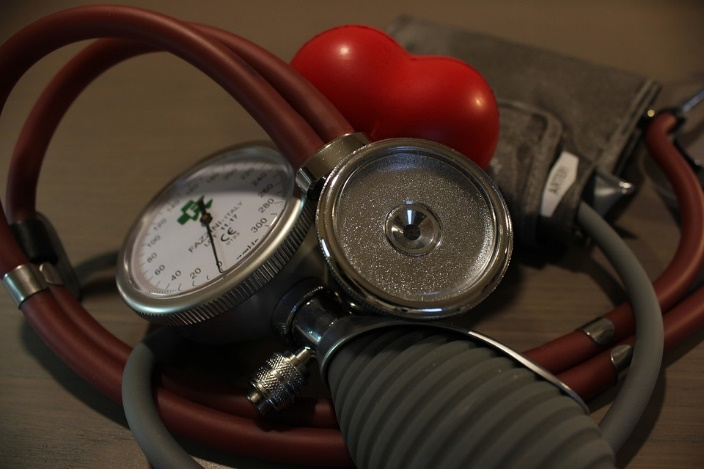
Does the Winter Affect Your Blood?

Blood is sensitive to weather and temperature changes. This is especially true for people with blood disorders and borderline blood pressure issues. In addition, certain kinds of medicine can also affect blood pressure.
In the winter months, blood is affected by the harsh cold weather. As a result, more people get sick in the cold, relative to the hot summer months. The main reason for this change is that most people cannot adapt to the changes in the new weather. This can include patients with hypothermia, old age, and arthritis.
Here are some of the ways blood can get affected in the winter:
Blood Pressure
The cold may be responsible for raising your blood pressure and cholesterol. Low temperatures may result in the contraction of the blood capillaries, increasing blood pressure as the blood vessels are further compressed is applied to the narrowed blood vessels.
On the other hand, cholesterol increases due to the amount of comfort food consumed in the cold. This may lead to health problems such as cardiac arrest, bad cholesterol, and even heart attacks.
Patients who are already facing health problems should be very cautious in the cold. They should carefully regulate their diet, and take brisks walks occasionally. Even people who do not have visible health problems risk increased blood pressure in the cold.
Higher blood pressure can lead to hypertension, a borderline condition that’s extremely dangerous for the patient. Therefore, it’s advised to regulate blood pressure, stay cozy in warm clothes and avoid heavy lifting exercises.

Diabetic Patients
Blood sugar levels also rise, which is very dangerous for diabetic patients. This is due to physical inactivity in the winter months, as it is harder to exercise in the cold. Additionally, fewer fluids may be consumed during the winter months, leading to dehydration. It is advised to regularly monitor blood sugar levels, as they can increase when the temperature drops.
Respiratory Problems
Some people, especially those with a history of asthma and respiratory problems, can have trouble breathing in the cold. This is because the passage of the airways can tighten, making it difficult to breathe. This increases the breath rate and can also cause inflammation in the airways. Keeping an asthma pump handy is recommended during harsh weather.
If you or your loved one is suffering from the repercussions of the cold winter months, schedule blood draws from the comfort of your home. Additionally, certain mobile blood labs, such as our expert phlebotomists VA working at Phlebotomy On Wheels from MD, also conduct glucose levels and blood pressure tests. Give us a call to learn more about our services.


